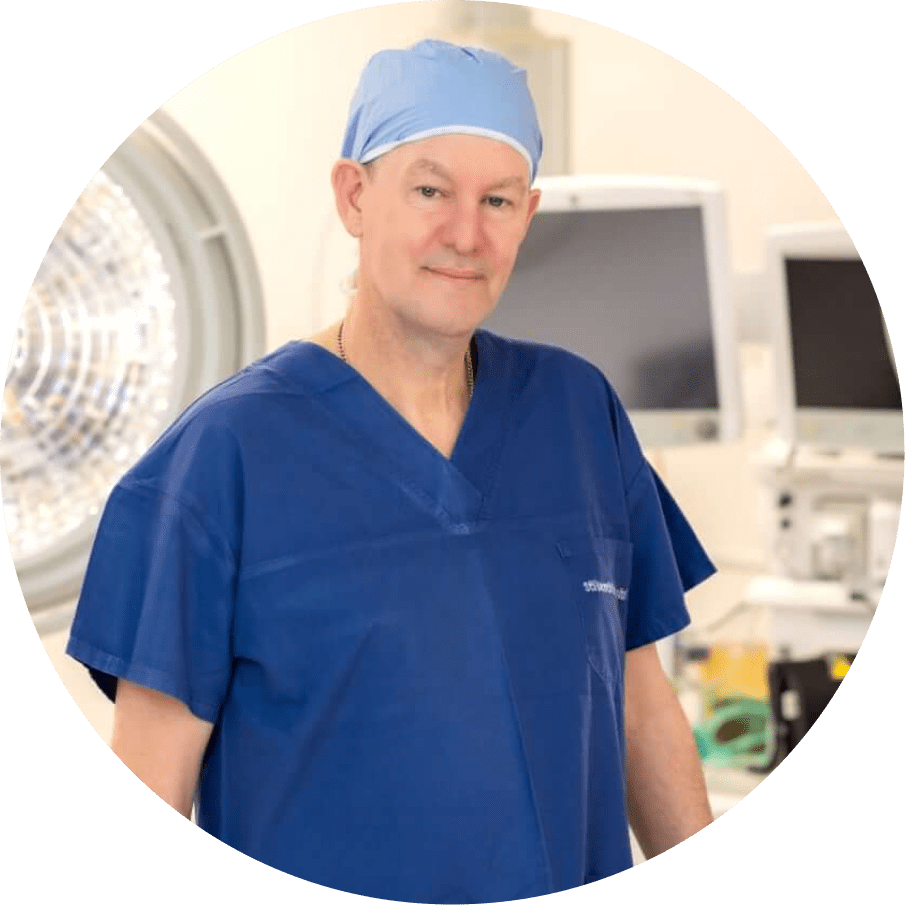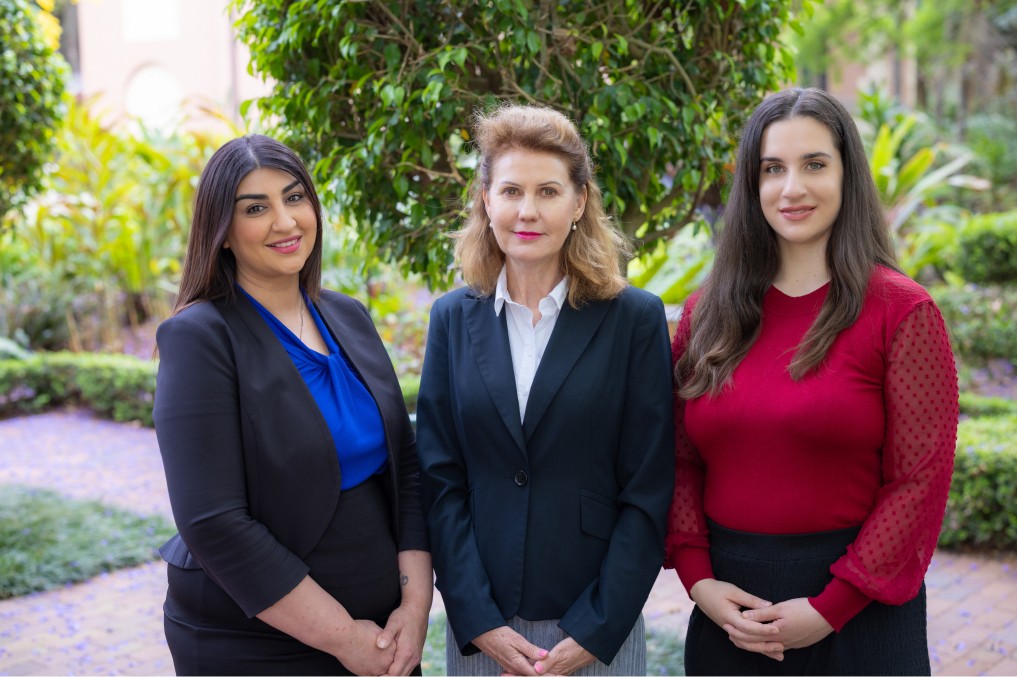The cervical spine consists of seven vertebrae (C1 to C7) and plays a crucial role in supporting the head, protecting the spinal cord, and facilitating neck movement. Various factors, including aging, trauma, and degenerative changes, can contribute to cervical spine diseases.
Overview of common cervical spine conditions, along with their causes, symptoms, and treatment options:
Cervical spine injuries, although uncommon, can result in significant and long-term disability. It is essential to consult a healthcare professional for an accurate diagnosis and appropriate treatment plan if you suspect any cervical spine condition as some conditions can cause permanent nerve and spinal cord injury if left untreated, which can result in long-term disability and permanently impaired movement. Treatment options vary depending on the specific condition, its severity, and the patient’s overall health.
If you have a cervical spine disease that is causing damage to your nerves or spinal cord and surgery is recommended, it is likely you will end up having at least one of the following procedures:

MBBS, BMedSci, FRACS
Neurosurgeon & Spine Surgeon with 25+ Years Experience
He consults and operates from Sydney’s most advanced neurosurgical and spinal surgery hospitals, including St Vincent’s Private Hospital, Prince of Wales Private Hospital and The Mater Hospital.
These hospitals offer the latest neurosurgical facilities, including cutting-edge imaging equipment and surgical navigation systems, dedicated and well-trained theatre clinical staff, as well as post-surgical rehabilitation specialists.
A/Prof Parkinson’s areas of expertise include surgery of the entire spinal column, peripheral nerve surgery, as well as physical rehabilitation after surgery, and for athletes that have suffered brain or spinal injuries.
Please get in touch with our reception team if you have a general enquiry for A/Prof Parkinson, or your would like to book an appointment.
